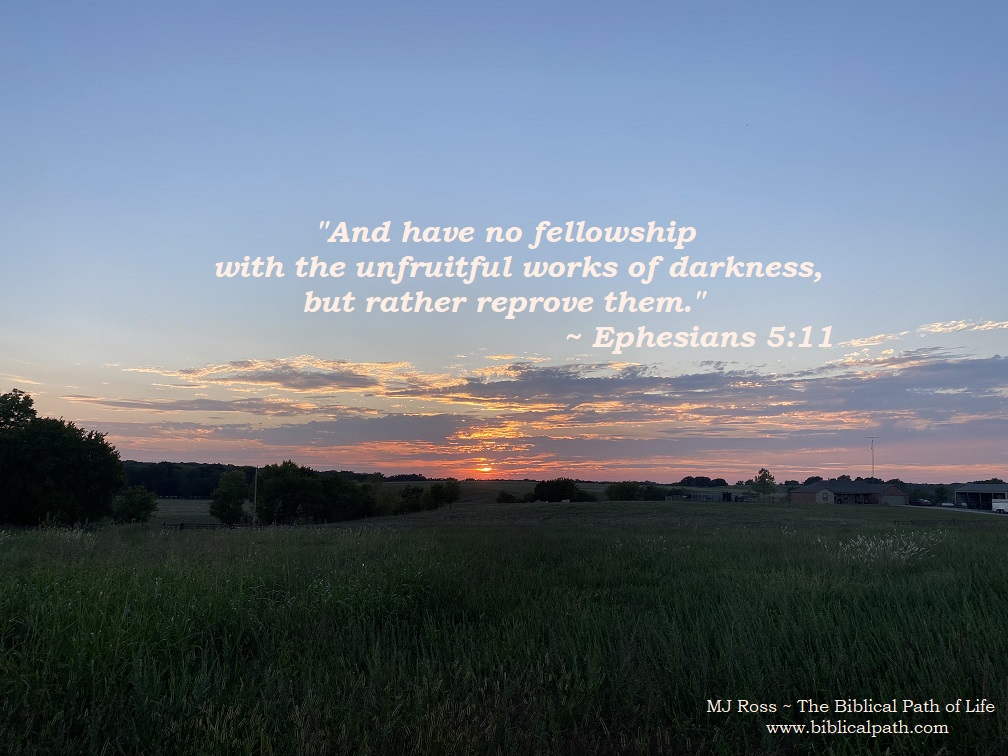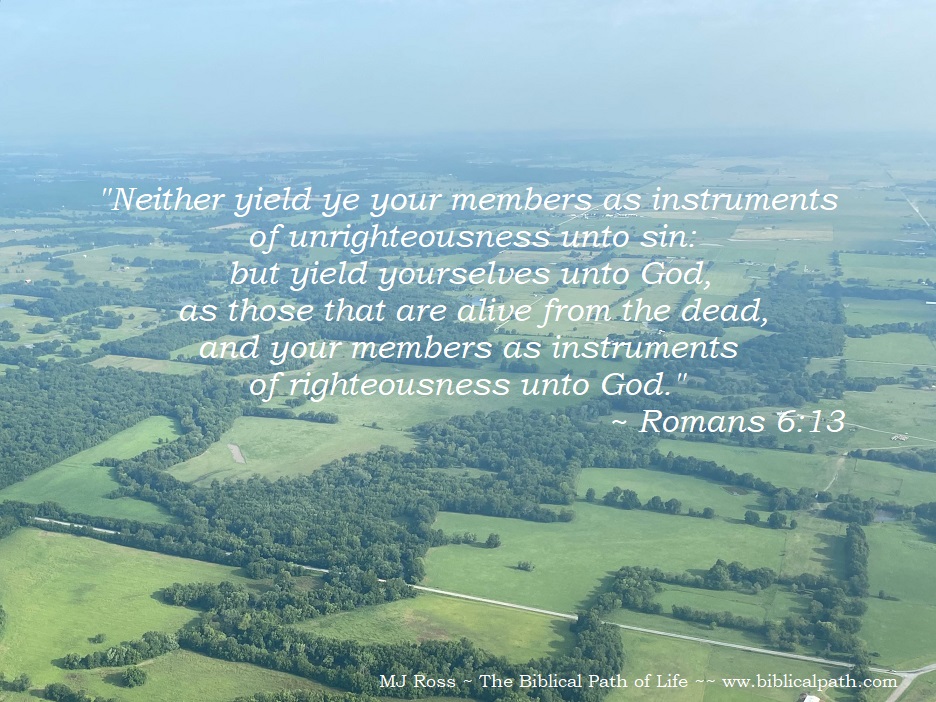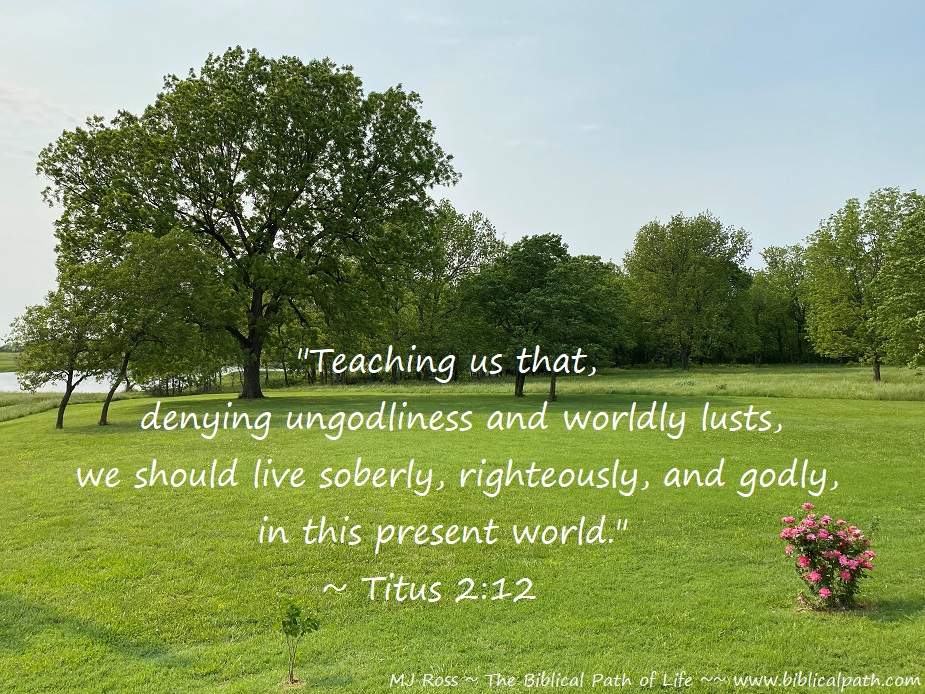
“That I may know him, and the power of his resurrection, and the fellowship of his sufferings, being made conformable unto his death.”
Philippians 3:10
The New Testament tells us much of Paul and his ministry. When one reads the New Testament, Paul’s life stands out. Most remember that he led three missionary journeys spreading the Gospel Message of Jesus Christ, before he was taken as a prisoner to Rome. Remember how he often referred to himself. “Paul, a servant of Jesus Christ, called to be an apostle, separated unto the gospel of God” (Romans 1:1). He was an amazing servant. Paul understood that God sent him to share the Gospel message (see Acts 9:15, 20:24).
Although God was able to do much through the life of Paul, Paul understood something very important. Philippians tells us a bit about Paul. His understanding of who he was and what was important should be an example for all Christians. “Though I might also have confidence in the flesh. If any other man thinketh that he hath whereof he might trust in the flesh, I more” (Philippians 3:4). If there was ever a man who could attain salvation by works of righteousness, it would be most difficult to beat Paul. He gives a listing of all of his worldly and religious achievements that should have gained him salvation if that was how salvation could be attained:
- “5. Circumcised the eighth day,
- of the stock of Israel,
- of the tribe of Benjamin,
- an Hebrew of the Hebrews;
- as touching the law, a Pharisee;
- 6. Concerning zeal, persecuting the church;
- touching the righteousness which is in the law, blameless.” (Philippians 3:5-6).
These seven things were such religious attainments in his day, one would think he was bound for heaven. However, he learned salvation could not be acquired by works. Read what he wrote in a letter to Titus: “5. Not by works of righteousness which we have done, but according to his mercy he saved us, by the washing of regeneration, and renewing of the Holy Ghost; 6. Which he shed on us abundantly through Jesus Christ our Saviour; 7. That being justified by his grace, we should be made heirs according to the hope of eternal life” (Titus 3:5-7). Paul understood that it did not matter who he was or what he had achieved in his life. Salvation did not come by works of righteousness that he could do. It only came by the mercy and grace of Jesus. “8. For by grace are ye saved through faith; and that not of yourselves: it is the gift of God: 9. Not of works, lest any man should boast” (Ephesians 2:8-9).
Beyond the understanding that nothing Paul could do could have earned him salvation, he recognized something important. 7. But what things were gain to me, those I counted loss for Christ. 8. Yea doubtless, and I count all things but loss for the excellency of the knowledge of Christ Jesus my Lord: for whom I have suffered the loss of all things, and do count them but dung, that I may win Christ,” (Philippians 3:7-8). He had to forsake everything that he was and thought he should be to follow Christ. He had to die to his old life. “Therefore if any man be in Christ, he is a new creature: old things are passed away; behold, all things are become new” (2 Corinthians 5:17).
In this new life, Paul explained what was important. “9. And be found in him, not having mine own righteousness, which is of the law, but that which is through the faith of Christ, the righteousness which is of God by faith: 10. That I may know him, and the power of his resurrection, and the fellowship of his sufferings, being made conformable unto his death” (Philippians 3:9-10). Paul understood his righteousness was through “the faith of Christ, the righteousness which is of God”. What better righteousness could one ever want or need?! However, because of this righteousness which is of God, Paul understood that this enabled him to know Him. He wanted “the excellency of the knowledge of Christ Jesus my Lord” (see Philippians 3:9). This knowledge can only come when one chooses to make Jesus Lord in that life. Paul understood this. Paul decided that he wanted to know Him. “13. Brethren, I count not myself to have apprehended: but this one thing I do, forgetting those things which are behind, and reaching forth unto those things which are before, 14. I press toward the mark for the prize of the high calling of God in Christ Jesus” (Philippians 3:13-14). Paul spent his life getting to know his Lord, Jesus, personally. He pressed on toward the mark, forgetting what was behind understanding that he had not apprehended. As good as he was, Paul understood the importance of continually reaching to attain the things Christ wanted for his life. He wanted to know Jesus more, and the more he knew Him, the more Paul wanted to serve Him. Because Paul forsook who and what he was, trusted in Jesus Christ, making Him Lord of his life, Paul became a mighty servant for Jesus. He not only shared the Gospel Message of salvation available only through Jesus, but he was able to write down much of the New Testament. In those writings, we find out how to know Jesus. As we know Jesus better, we understand and accomplish the things God has planned for our lives. “For we are his workmanship, created in Christ Jesus unto good works, which God hath before ordained that we should walk in them” (Ephesians 2:10).
Have you trusted in Christ for salvation?
Have you made it your desire to know Jesus more, then enabling you to understand the plan He has for your life?
Learn how to trust Christ for salvation.








